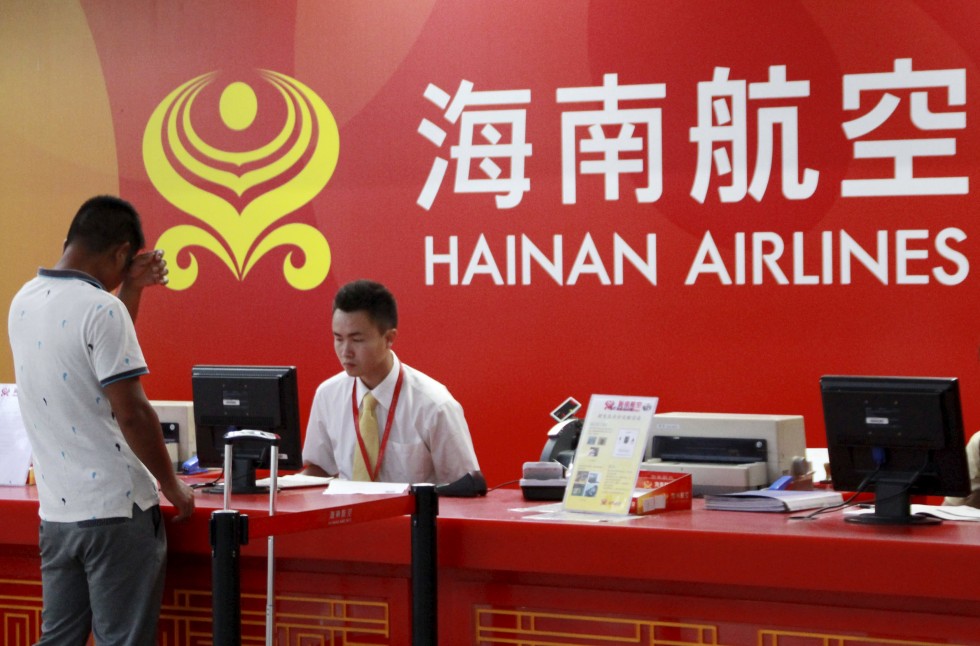China To Rely on Finance From Islamic Nations To Strengthen Trade Relations
 Chinese banks are making moves to strengthen relationships with Islamic countries, as a result of which finance from Islamic nations will start to play an important role in helping China emerge as global economic force.
Chinese banks are making moves to strengthen relationships with Islamic countries, as a result of which finance from Islamic nations will start to play an important role in helping China emerge as global economic force.
China has over 20 million Muslim residents and many good reasons to get involved in Islamic finance. The country is eager to establish stronger trade relationships with other Asian countries through a strategy called “One Belt, One Road.” The country’s aim is to re-establish Silk Road trade relationships with European and Asian countries. This network would embrace major Islamic finance centers of the world such as Southeast Asia and Middle Eastern countries, where assets compliant with sharia laws comprise as much as a fourth of the overall banking assets.
Ben Ping Chung Cheung, the Asia Pacific consultancy head of the Shariah Advisory Group, which is based in Hong Kong, said:
“With ‘One Belt, One Road,” Chinese state-owned enterprises and private companies are now more willing to explore Islamic finance.”
The firm is the advisor of HNA Group, which is on the verge of closing a deal worth $150 million for the purchase of ships.
Cheung said that the company behind the Shandong railway project also plans to issue sukuk or Islamic bonds to raise $4.7 billion or 30 billion yuan for the construction of a high-speed railway. If this turns out to be successful, the credit of the largest sukuk to be ever issued would go to this company, but the deal was still in the preliminary stages and domestic banks would do their best to oppose it.
In July, Silk Route Financials, an advisor based in Singapore, said that a unit belonging to Sichaun Development Holding Co, a state-owned company, had requested it to provide advice on Islamic finance.
These plans are not without risks, especially as Chinese companies are new to Islamic finance, which is bound by complex rules.
Islamic investors are financially capable of purchasing sukuk dominated by dollars, but historically, they have invested only in top-rated issuers. Kalai Pillay, Fitch Ratings’ North Asia industrials head, said:
“The attraction would be if sukuk is cheaper for issuers, and clearly there are a lot of companies in China within the right industries, the right structures for it.”
China would chiefly participate in Islamic finance through the Beijing-backed Asian Infrastructure Investment Bank (AIIB), which had previously discussed Islamic finance with the Islamic Development Bank (IDB).
